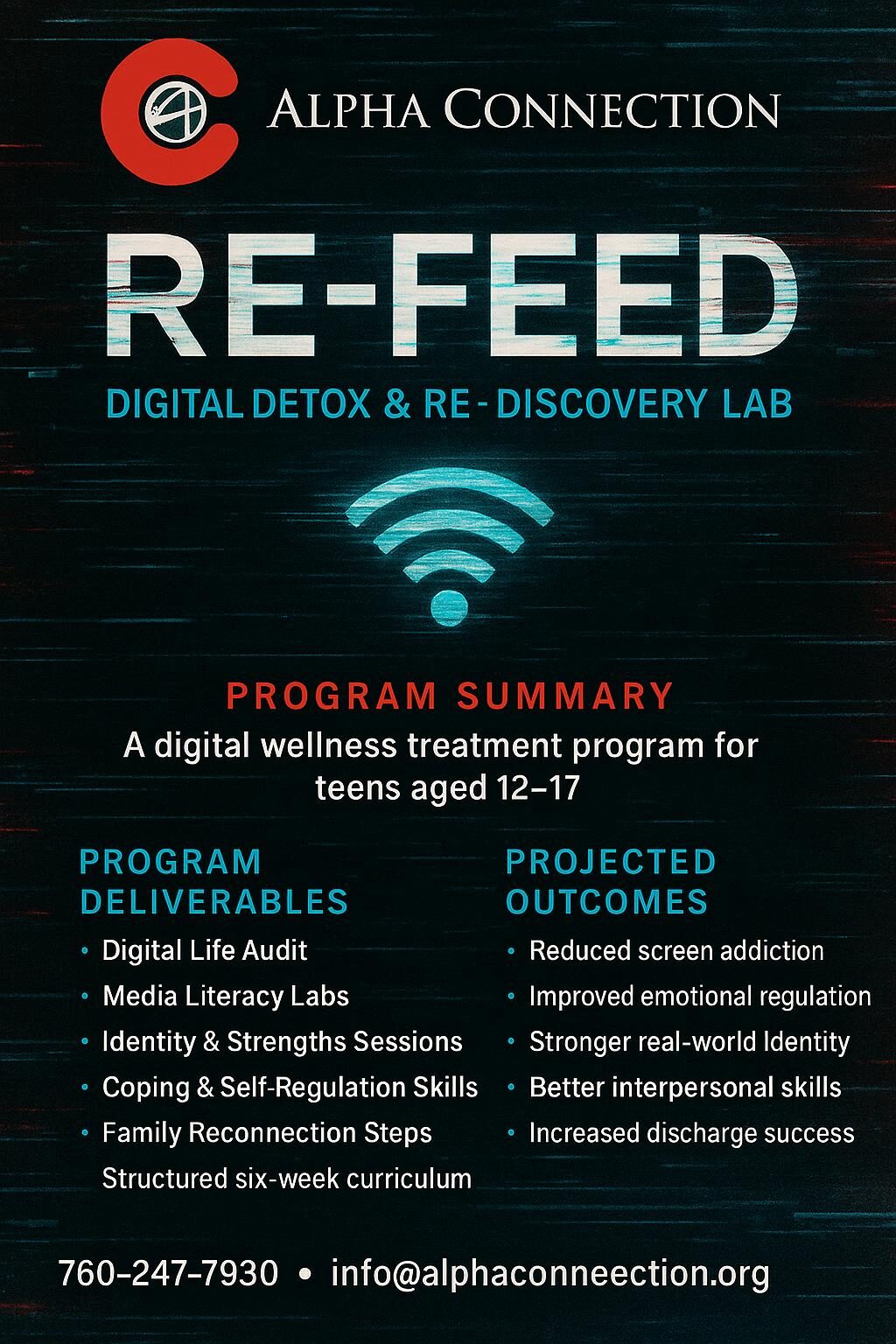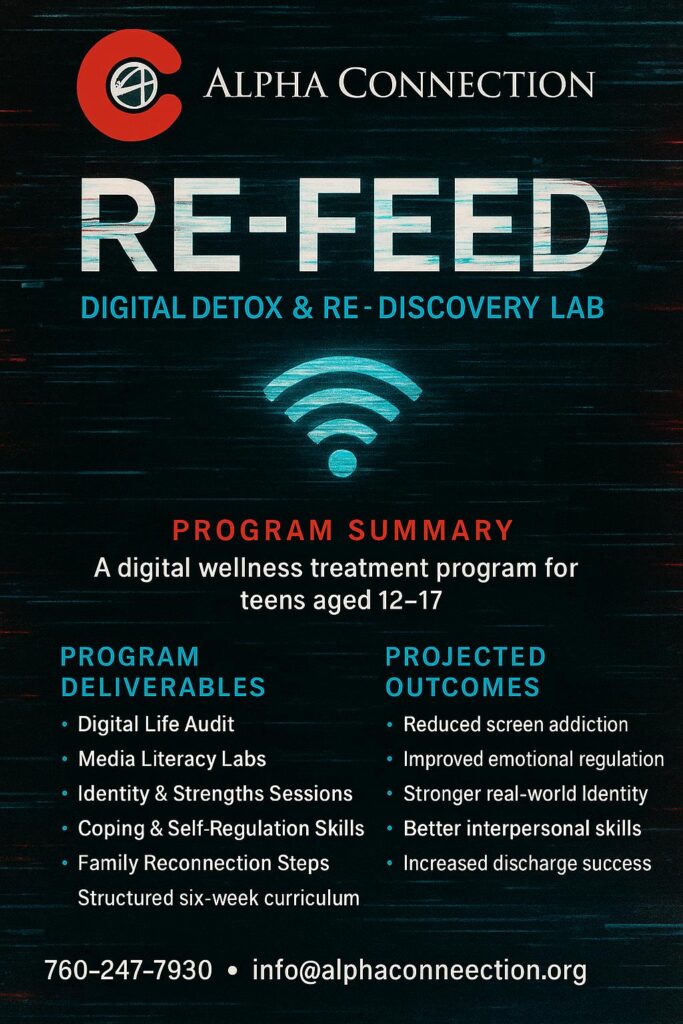Celebrating Black History Month – Health and Wellness
“Darkness cannot drive out darkness, only light can do that. Hate cannot drive out hate, only love can do that.” – Dr. Martin Luther King, Jr.
Since 1976, the United States has set aside time each February to recognize and honor the generations of African Americans who persevered through adversity and helped shape the nation. At Alpha Connection, we believe it is essential to acknowledge this history and the lasting impact it continues to have on our communities.
Ways to Learn More About African American History
Black History Month offers an opportunity for reflection, education, and meaningful conversation. Alpha Connection encourages individuals and families to use this time to deepen their understanding in thoughtful ways, including:
- Exploring influential literature by authors such as Langston Hughes, Maya Angelou, Frederick Douglass, and many others whose words captured both struggle and resilience
- Learning about groundbreaking scientists and innovators like Alice Ball, Benjamin Banneker, and George Robert Carruthers, whose contributions often went unrecognized in their time
- Studying pivotal moments in the civil rights movement, including Rosa Parks and the Montgomery Bus Boycott, the 1961 Freedom Rides, and Martin Luther King Jr.’s leadership during the Birmingham Campaign
- Discovering inventions created by African Americans, such as Mary Van Brittan Brown’s co-invention of the home security system in the 1960s or Garrett Morgan’s development of the three-light traffic signal in 1923
- Examining critical periods in African American history, including the Middle Passage, abolition, desegregation, and the Harlem Renaissance
Black Health and Wellness
The Association for the Study of African American Life and History selected “Black Health and Wellness” as the theme for 2022, highlighting the importance of physical, mental, and emotional well-being. Public conversations around mental health, such as Simone Biles’s decision to prioritize her well-being during the 2020 Olympic Games, have helped bring greater awareness to challenges that are often endured quietly.
At Alpha Connection, this focus aligns closely with our mission. While we are not a long-term facility or foster care program, our short-term residential therapy program is designed to support young people in building healthy, balanced lives. We emphasize overall wellness by addressing mental, physical, social, and spiritual health as essential components of long-term success.
Alpha Connection is committed to honoring Black History Month because it reflects perseverance, courage, and progress in the face of hardship. More importantly, it provides an opportunity to expand understanding and knowledge. We encourage everyone to take time this month to learn, reflect, and recognize the lasting achievements that continue to shape our society.











